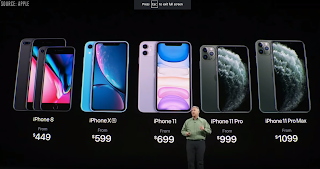Paradigm Shifts in Transportation in the New Normal
At the time of writing, the whole world is experiencing a disruption so sudden and drastic that it has challenged our way of life, work, and socializing. We are of course talking about the Coronavirus Pandemic of 2019 that has mostly spilled over into 2020. Among the chief questions this has raised is: how do we work and move around when there's a highly contagious, potentially deadly virus floating around? This video from the Wall Street Journal discusses exactly this question. Here are some of my thoughts on the issue in the context of Metro Manila and the Philippines in general: -Re-arranging work: nature has forced us to consider the possibility of shifting work from being office building-centric to people and connection-centric. We have the technology now to enable this. Businesses that can but do not embrace this new work arrangement will be vulnerable in the next high-impact event. -Re-imagining cities: experts float the idea of local economies and 15-minu

